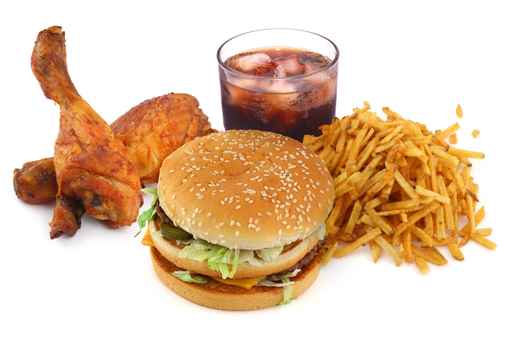Research from the University of California – Los Angeles suggests that the relationship between body weight and inactivity is more complex than previously thought (UCLA). Science has long understood that a lifestyle excluding exercise and activity can lead to weight problems. The study, published last month in Physiology and Behavior, notes that the reverse is true as well: weight problems can lead to low energy and, hence, laziness.
Lead author Aaron Blaisdell and his team of researchers studied 32 rats for 180 days, dividing them into two different groups. One group received foods that were primarily natural and nutrient-rich, such as fish and corn. The other group was instead fed foods with additives, sugars, and genetically modified components – a diet resembling the ingredients of junk food.
Predictable & unpredictable findings
At 90 days (50% of the way through the study), the group that was not receiving proper nutrition had accrued substantial excess pounds. Blaisdell noted that the findings are consistent with previous science suggesting that junk food causes obesity, an unsurprising result.
The finding that was particularly alarming and unexpected was that laziness seemed to be caused by the poor diet. In order to test activity level over time, the rats were regularly given tasks for which they would get a treat (something to eat or drink). The rats that were on the processed, high-fat diet were slowed down significantly. Over the course of half an hour of this form of incentivized testing, the rats in the unhealthy group required almost double the recovery time after performing each task.
Disappointing & compelling findings
One observation from the study that is somewhat disappointing is how ingrained the ill effects of the junk food diet became. At the end of the half-year period of keeping the two groups’ food supplies distinct, the scientists reversed the meals to see what positive effects that might have on the unhealthy rats. Unfortunately, even after more than a week on the new diet, the obese rats neither lost weight nor cut down their break times.
Overall, the most compelling finding was observed in the healthy rats, when they were switched to low-quality food. Even after nine days, that group maintained the same fitness level and ability to complete tasks. The conclusion of the researchers is that eating junk food from time to time is unproblematic, whereas eating it in large quantities over an extended period causes negative physical and mental effects.
Getting medical care for weight loss
Weight loss is not easy, as evidenced by this study. Appreciating the complexity of weight conditions at Health Star, we use a multidisciplinary, team approach to guide our patients toward healthier futures.

